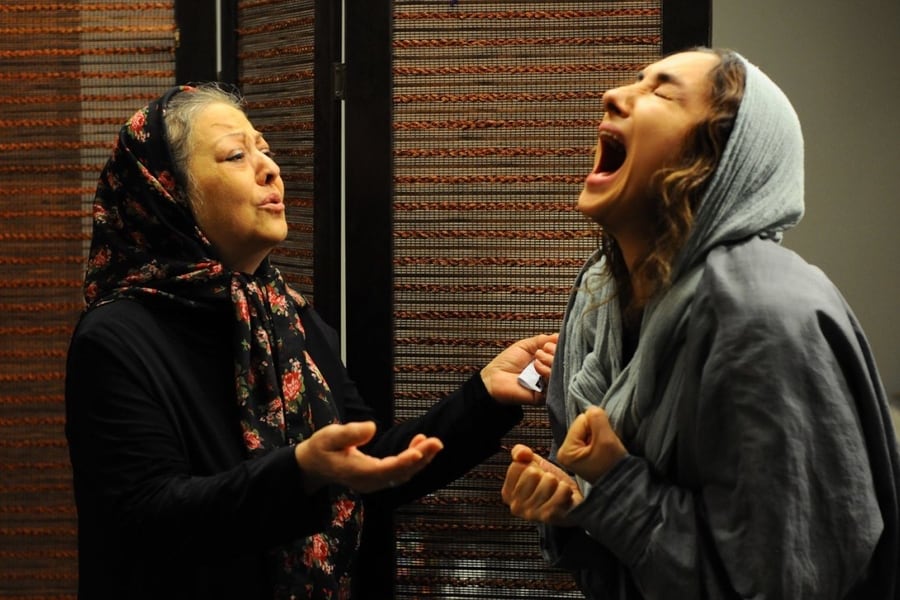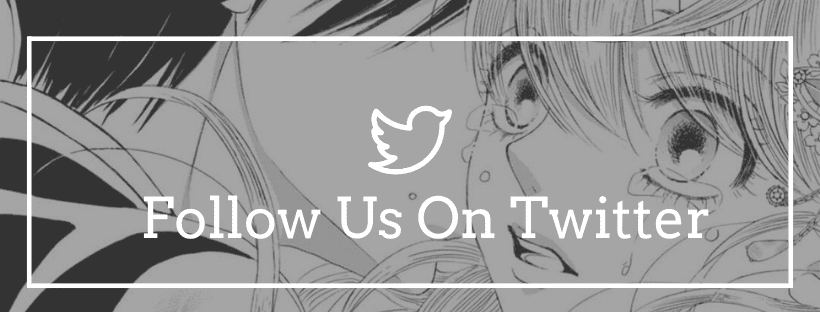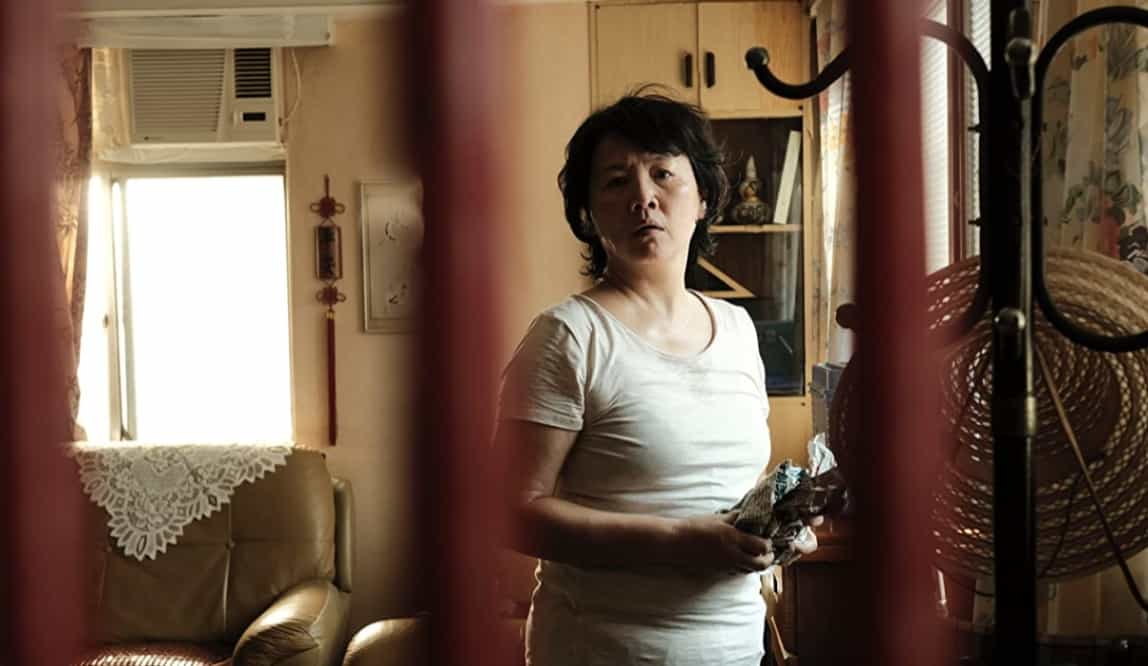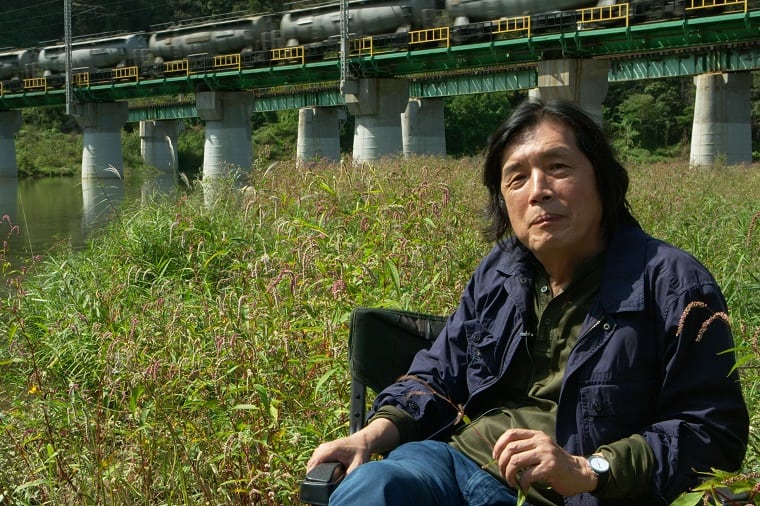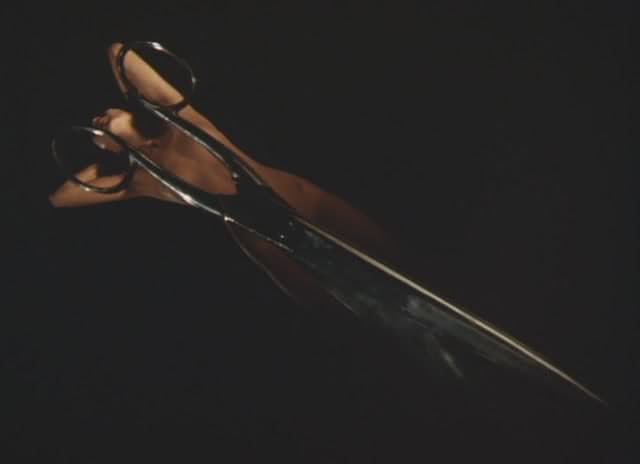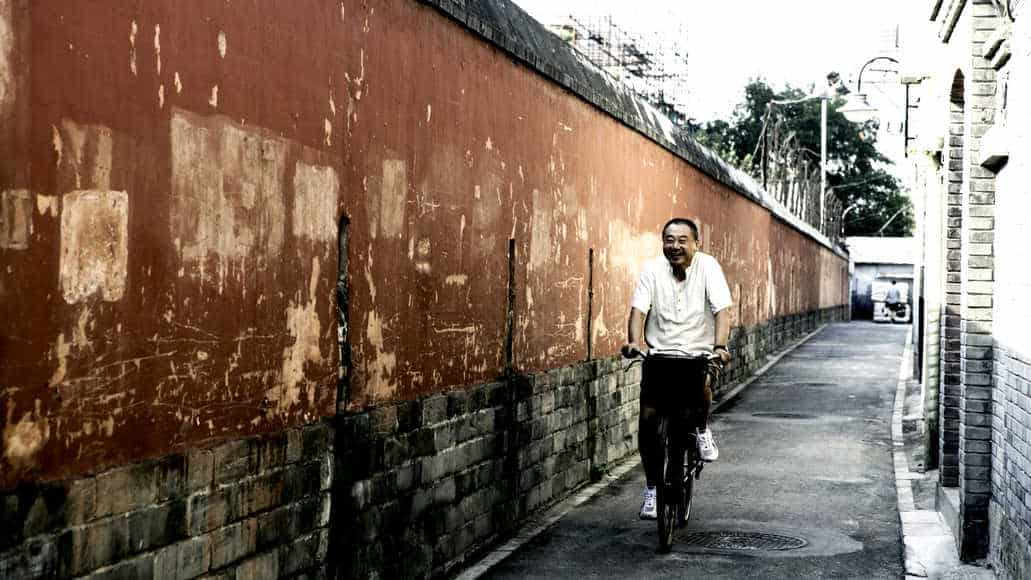Creating art can be one of the most rewarding and ultimately challenging processes for the creator. Every once in a while, the project you have envisioned ends up becoming something completely different when it goes through various producers and other people involved, superimposing their own ideas and thoughts into the characters and what they are going through. While some scripts definitely benefited from such procedures, the sheer amount of alternate versions to certain movies or disputes between writers, producers and directors speaks for itself. The experience is also not new to Iranian filmmaker Faeze Azizkhani which she turned into the foundation for her second feature “The Locust” and besides tackling issues of the creation of a film, also deals with themes such as family and the status of women in Iranian society.
The Locust is screening at Edinburgh International Film Festival

Hanieh (Hanieh Tavassoli) is a screenwriter in Iran, and her latest script is about to go into production. On her way to a script reading with the cast and parts of the crew, she already tries to maintain order in her family and personal life, with her landlord complaining about the overdue rent and the director, Pegah (Pegah Ahangarani), presenting her with ideas for changes to the story for the feature. However, this is just the beginning of her troubles, as she spends the majority of the afternoon constantly trying to defend her vision for the story and characters to the actors and others questioning her choices. Eventually, she is forced to face facts after a phone call with the investor and with her mother appearing, forcing her to sell the family home Hanieh is still quite attached to.
For those familiar with the struggles of a film production, especially within independent circles, some of the aspects and themes of Azizkhani's feature will not be a surprise. Given the director's background, having worked as script writer and assistant director for quite some time in her past, many of the events on screen seem to stem from having similar experiences or observations. Consequently, “The Locust” is a very dialogue-heavy drama, where the line between what the actors read from their script and what is their reality is often blurred, making it hard to distinguish reality from fiction. Azizkhani highlights how the creation of a feature is always a struggle, an ideological as well as a financial one, with the discussions about the project's monetary situation also being part of the story, which quite often takes a toll on those involved, in this case especially the main character.
However, “The Locust” is far from being a drama which only concentrates on film production. Hanieh Tavassoli and Pegah Ahangarani play two women trying to leave their mark within an industry, which, despite its progress over the years, still belittles them and does not take them seriously, resulting in the conflicts mentioned in the summary. Being called a “loser” and a “bastard” many times by the other actors and members of the crew has left serious emotional scars specifically on Hanieh, whereas the director aims to attract audiences at international film festivals, most importantly Cannes, in order to make her voice heard and hopefully experience other circumstances with her next project. These and other instances emphasize the insightfulness of Azizkhani's feature, which rings especially true when it comes to the representation of Iranian productions at European festivals.
At the same time, even at 79 minutes, “The Locust” can be quite a drag. While the themes being discussed and mentioned are certainly interesting, the overreliance on just dialogue can be quite a challenge for the viewer, considering some of these aspects are also repeated without adding anything new.
To sum up, “The Locust” is quite an interesting and insightful drama, blending a commentary on the Iranian film industry and its status of women. Faeze Azizkhani makes some great points in her second feature, even though the talkative indie-drama also tends to be a bit repetitive.


